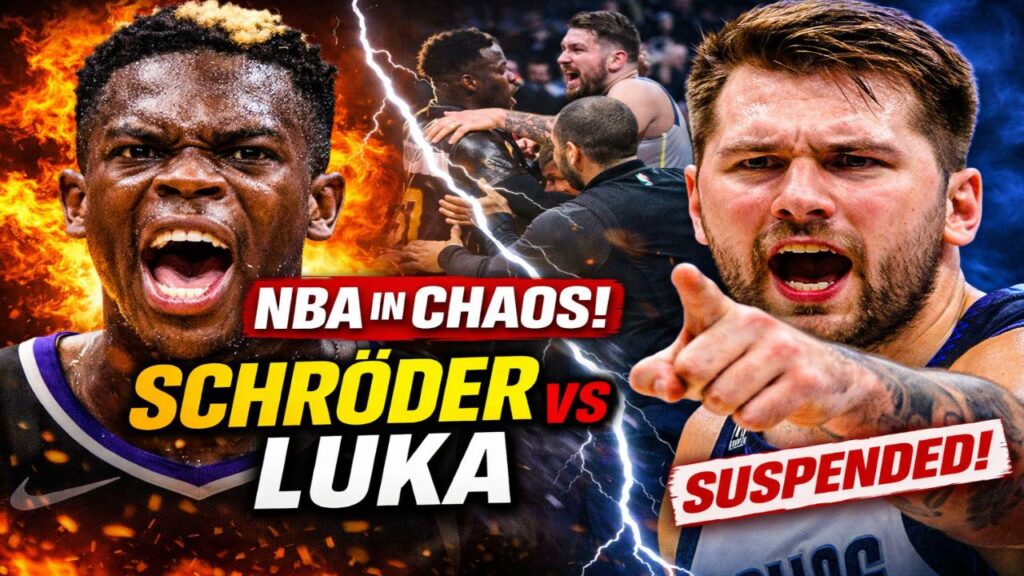In the high-stakes arena of the NBA playoffs, where every possession can tilt a series, the Minnesota Timberwolves’ bench delivered a performance for the ages in Game 4 of the Western Conference finals. Outscoring Oklahoma City’s reserves 64-27, the Wolves’ supporting cast turned Target Center into a showcase of depth and resilience. Yet, even this historic effort couldn’t overshadow the Thunder’s star-driven dominance, as Shai Gilgeous-Alexander, Jalen Williams, and Chet Holmgren combined for 95 points to secure a 128-126 victory and a commanding 3-1 series lead.
The Wolves’ Bench: A Symphony of Grit and Precision
Minnesota’s reserves, often overshadowed by the star power of Anthony Edwards and Julius Randle, stepped into the spotlight with a collective brilliance. Nickeil Alexander-Walker, whose playoff minutes had been sporadic, erupted for 23 points, slicing through defenses with a blend of sharp shooting and poised playmaking. Donte DiVincenzo added 21 points, draining five three-pointers that kept the Wolves within striking distance during critical stretches. Even Terrence Shannon Jr., a rookie with limited postseason experience, chipped in nine points, embodying the “next man up” ethos.
This bench explosion wasn’t just about scoring. It was a testament to adaptability. With Edwards stifled by Oklahoma City’s suffocating defense—held to just 16 points on 13 shots—the Wolves’ reserves became the lifeline. Coach Chris Finch praised their synergy, noting how they “shot the ball extremely well from the three-point line” and “found shots for each other” in a game where margins were razor-thin. For a fleeting moment, it seemed Minnesota’s depth might rewrite the narrative of the series.
Thunder’s Triumph: Stars Shine When It Matters Most
While the Wolves’ bench dazzled, the Thunder’s star trio delivered a masterclass in clutch performance. Shai Gilgeous-Alexander, fresh off an MVP season, rebounded from a quiet Game 3 with a virtuoso 40-point outing. His ability to navigate double-teams, draw fouls, and sink momentum-shifting jumpers underscored why he’s among the league’s elite. Jalen Williams, often the X-factor, torched the Wolves for 34 points, including six three-pointers, while Chet Holmgren’s 21 points and rim protection anchored Oklahoma City’s late-game composure.
The Thunder’s stars didn’t just score—they orchestrated. Gilgeous-Alexander’s 10 assists and nine rebounds nearly secured a triple-double, while Williams’ fourth-quarter heroics (14 points in the final frame) snuffed out Minnesota’s comeback hopes. Holmgren, meanwhile, leveraged his length to alter shots and stretch the floor, creating mismatches that the Wolves struggled to counter.
The Turning Point: When Depth Met Destiny
For all the bench’s heroics, the game hinged on subtler details. Minnesota’s 23 turnovers—many unforced—proved fatal. Anthony Edwards and Julius Randle combined for 10 of those giveaways, allowing Oklahoma City to convert mistakes into 22 points. “You’re not going to beat a team like this if you’re turning it over 20-plus times,” lamented Finch, highlighting the self-inflicted wounds that overshadowed the bench’s brilliance.
Equally damning was Oklahoma City’s dominance on the offensive glass. The Thunder grabbed 19 offensive rebounds, translating them into 24 second-chance points. Time and again, critical possessions were extended by Holmgren’s tip-outs or Gilgeous-Alexander’s relentless drives, underscoring a hustle disparity that Minnesota couldn’t bridge.
The Bigger Picture: A Tale of Two Philosophies
This game encapsulated the dichotomy of modern playoff basketball: the allure of star power versus the necessity of depth. The Wolves’ bench outburst—a playoff rarity—highlighted their roster’s potential. Yet, in a series where Oklahoma City’s stars have consistently risen to the occasion, Minnesota’s reliance on role players exposed the limits of balance without elite shot creation in crunch time.
For the Thunder, the victory reinforced a championship blueprint. Gilgeous-Alexander’s MVP pedigree, Williams’ ascendance as a secondary scorer, and Holmgren’s two-way versatility form a triumvirate capable of weathering even the most explosive bench performances. As the series shifts back to Oklahoma City for Game 5, the Wolves face a daunting reality: overcoming a 3-1 deficit demands not just bench contributions, but stars aligning in perfect harmony.
Conclusion: A Lesson in Playoff Alchemy
The Timberwolves’ bench wrote a compelling subplot in Game 4, proving that depth can ignite hope. But in the playoffs, where legends are forged, Oklahoma City’s stars authored the final chapter. For Minnesota, the challenge now is to blend their reserves’ firepower with Edwards’ resurgence—a formula that could yet salvage their season. For the Thunder, the path to the NBA Finals lies in sustaining the brilliance that has made them the West’s team to beat. In this bench-versus-stars saga, one truth remains: in the playoffs, greatness isn’t just about who shines brightest—it’s about who shines when the lights are hottest.


